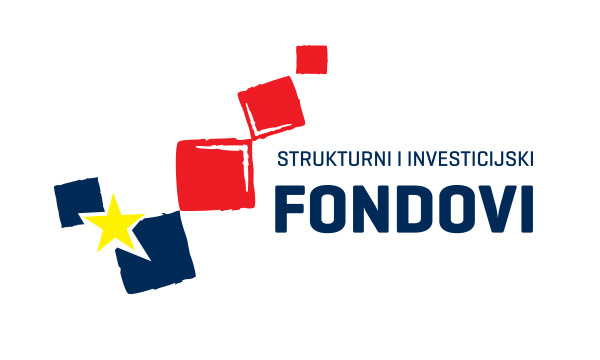Affinity to the project
The foundation of a Cooperation Office is one of the key elements of this project. It aims, building on a more general coworking policy, to offer the prerequisites for a successful networking of young researchers of the University of Rijeka. The theoretical framework on which the office is based is to be found in the social philosophy of science which, in its attempt to explore and define science and its structure scrutinizes the dynamic interplay between science and society.
One of the problems researched within this framework is the one associated to the effects of cooperation and competition on the work of scientists. The debate about the positive and/or negative influences that competition and cooperation among scientists have on effective scientific practices takes into account and weights the correlation between cooperation, competition and scientific progress. Although there have been determined many positive influences of cooperation in science it is not completely clear what is the optimal ratio of competition and cooperation among scientists. This is exactly where the practical challenges of this kind of research lie. Because of that, the main goal of the Cooperation Office is to create a place where networking among young scientists of the University of Rijeka is possible regardless of the final goal of such joint work, which can be the writing of a multi-authored paper or the reduction of negative social factors (social or financial barriers, lack of information about the possibilities – such as the ones offered by mobility, the unavailability of current literature etc.). In other words, the office should function as a meeting point devoted to the sharing of information, needs, problems, tips for the improvement of one’s research and as a place for the presentation of research papers and topics. The practice of coworking served as a practical frame for the implementation of this kind of cooperation.
Besides what has been said, the role of the Office lies in its importance for the familiarization of the general public with science and vice versa. It is our hope that the advancement of collaboration among young researchers can strengthen their professional competences, not only in the specific fields of their research but also through the creation of a collective that can work in a unified way towards the fulfillment of needs found important not only by the local community they belong but also to to society in general. In that way we would, on one hand, reduce the negative social effects on scientific practice, and on the other, strengthen the bond between social needs and demands and the young research community.
Study visits to the universities in Utrecht and Amsterdam, and attendance to the Amsterdam conference provide an insight on examples of good practices related to the networking of scientists and their connection to the social community they belong to. Besides that, they facilitate the meeting of foreign scientists who deal with the implementation of the reported collaborative model in their institutions.





